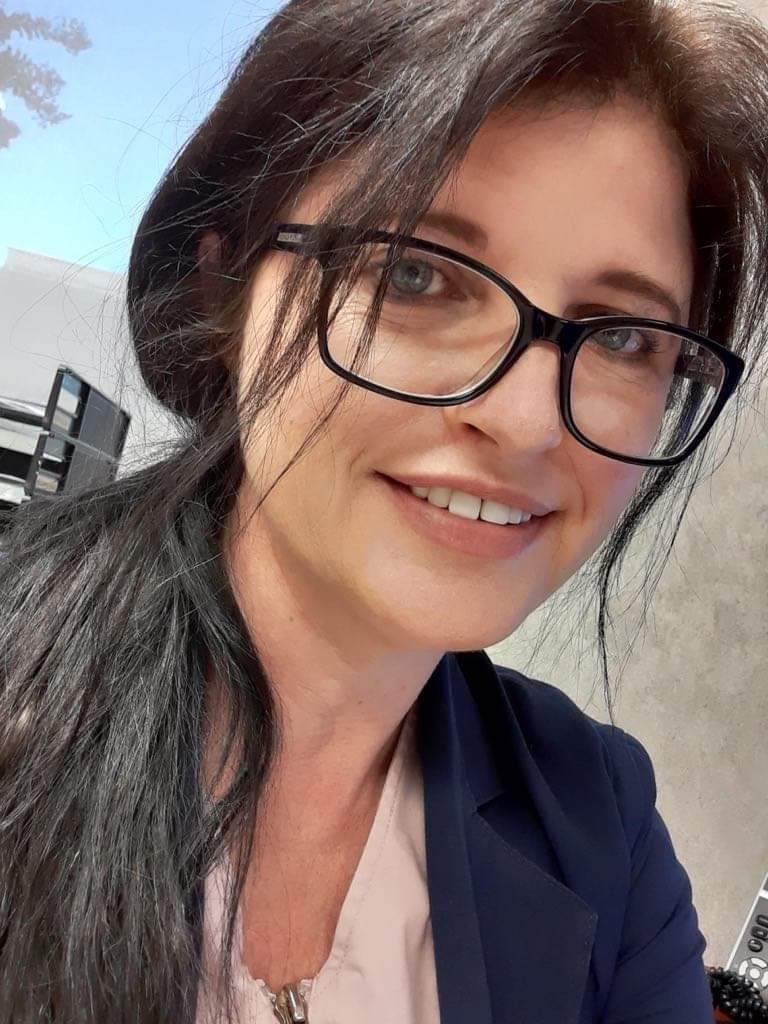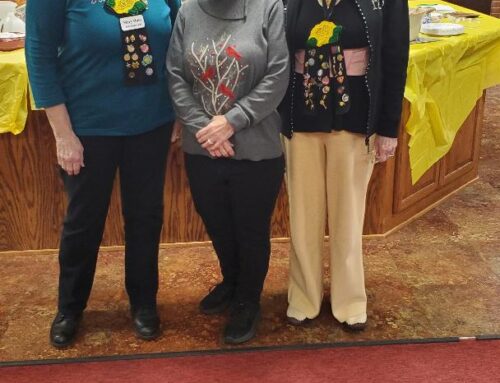We live in a time where information is easy to get. The internet’s got everything you could ever want to know, but just like Aunt Glenda’s famous peach cobbler, you gotta watch out—’cause too much of a good thing can sometimes be a recipe for disaster. On one hand, we’ve got more knowledge at our fingertips than ever before. But on the other, well, it’s also full of folks spreadin’ all kinds of health nonsense. From miracle cures to downright silly conspiracy theories, health misinformation can be dangerous.
Back in the day, we didn’t have all these fancy gadgets to look up every little ache and pain. You’d go see Doc Smith, and he’d set you straight with some good ol’ fashioned common sense. But now, we’ve got the whole world’s worth of information just a-click away. You type somethin’ into Google, and suddenly you’re knee-deep in a million different answers—some good, some bad, and some plain ridiculous.
Social media’s turned into the town square, but instead of good advice, it’s sometimes just folks yellin’ “the sky is fallin’!” And don’t even get me started on some of those so-called news outlets—seems they’re more interested in scarin’ us half to death than tellin’ us the truth.
Take that COVID-19 pandemic, for instance. Didn’t we all see just how fast wrong information can spread? It was like wildfire in a dry summer, with folks fallin’ for all sorts of nonsense—from weird vaccine myths to downright dangerous treatments. When the World Health Organization starts comparin’ it to an “infodemic,” you know it’s time to sit up and pay attention.
Figurin’ out health misinformation is kinda like decidin’ if a charming salesman is just bein’ polite or if he’s up to no good. You’ve gotta keep your eyes wide open and your instincts sharp. Here are a few pointers to help you along the way:
● Too Good to Be True: If someone’s tellin’ you they’ve got a cure-all for everything from bunions to the blues, well, you better hold onto your wallet and walk away. If it sounds too good to be true, it probably is.
● Lack of Scientific Evidence: Now, real health advice isn’t just plucked out of thin air. It’s got to be backed by science. If they can’t point to proper studies or big-name health organizations, you best proceed with caution.
● Fear-Mongering and Conspiracy Theories: Some folks just love to stir the pot. If they’re tryin’ to scare you or talkin’ about some big ol’ conspiracy, it’s time to take a step back and think twice.
● Overly Technical or Jargon-Laden Language: Some folks think if they throw around a bunch of big words, you’ll just nod along. Don’t be afraid to raise an eyebrow and ask questions—if they can’t explain it simple, they might be hidin’ somethin’.
● Celebrity Endorsements and Influencers: Now, just because your favorite celebrity swears by somethin’, doesn’t mean it’s gospel truth. Before you go followin’ their advice, cross-check it with the pros.
Health misinformation isn’t just idle chit-chat. It can have some real nasty consequences, and here’s just a few ways it can cause trouble:
● Delayed or Avoided Treatment: If you’re too busy tryin’ out some snake oil cure, you might just be missin’ out on the proper treatment you need, and that can lead to things gettin’ worse—or even more serious.
● Public Health Risks: Misinformation can gum up the works for public health efforts, like gettin’ folks vaccinated, and that puts everyone at risk. It’s like not fixin’ a hole in the fence—eventually, all the cows are gonna get out.
● Financial Exploitation: There’s always some slick-talking fella tryin’ to make a quick buck off folks who don’t know better. They’ll sell you all kinds of junk, and before you know it, you’re out of money and no better off.
● Erosion of Trust: When folks keep hearin’ misinformation, it’s like a slow poison—before long, they don’t trust their doctors or the health experts, and that’s a dangerous place to be.
Now, we’re not ones to sit by and let this nonsense spread, are we? Here’s how you can arm yourself against health misinformation and keep your loved ones safe, too:
● Verify Information: Before you go passin’ along somethin’ you read, make sure it’s true. Check with reliable sources like the CDC, WHO, or your own doctor.
● Educate Yourself: It’s always good to know a little somethin’ about how science works—like how a cake needs bakin’ powder to rise, good health advice needs solid research to stand tall.
● Be a Critical Consumer: Ask questions! If somethin’ doesn’t sit right with you, dig deeper. Who’s sayin’ it, and what do they have to gain?
● Speak Up: If you see somethin’ wrong, don’t be afraid to say so. Politely, of course, but stand firm. We gotta look out for each other.
● Stay Informed: Keep up with what’s goin’ on by followin’ trusted health sources. Stayin’ informed is your best defense.
In this battle against health misinformation, knowledge is your best weapon. Stay sharp, question what you read, and make sure you’re followin’ the right advice. Remember, your health is too precious to trust to just anyone—listen to the experts, and always let science guide you.






